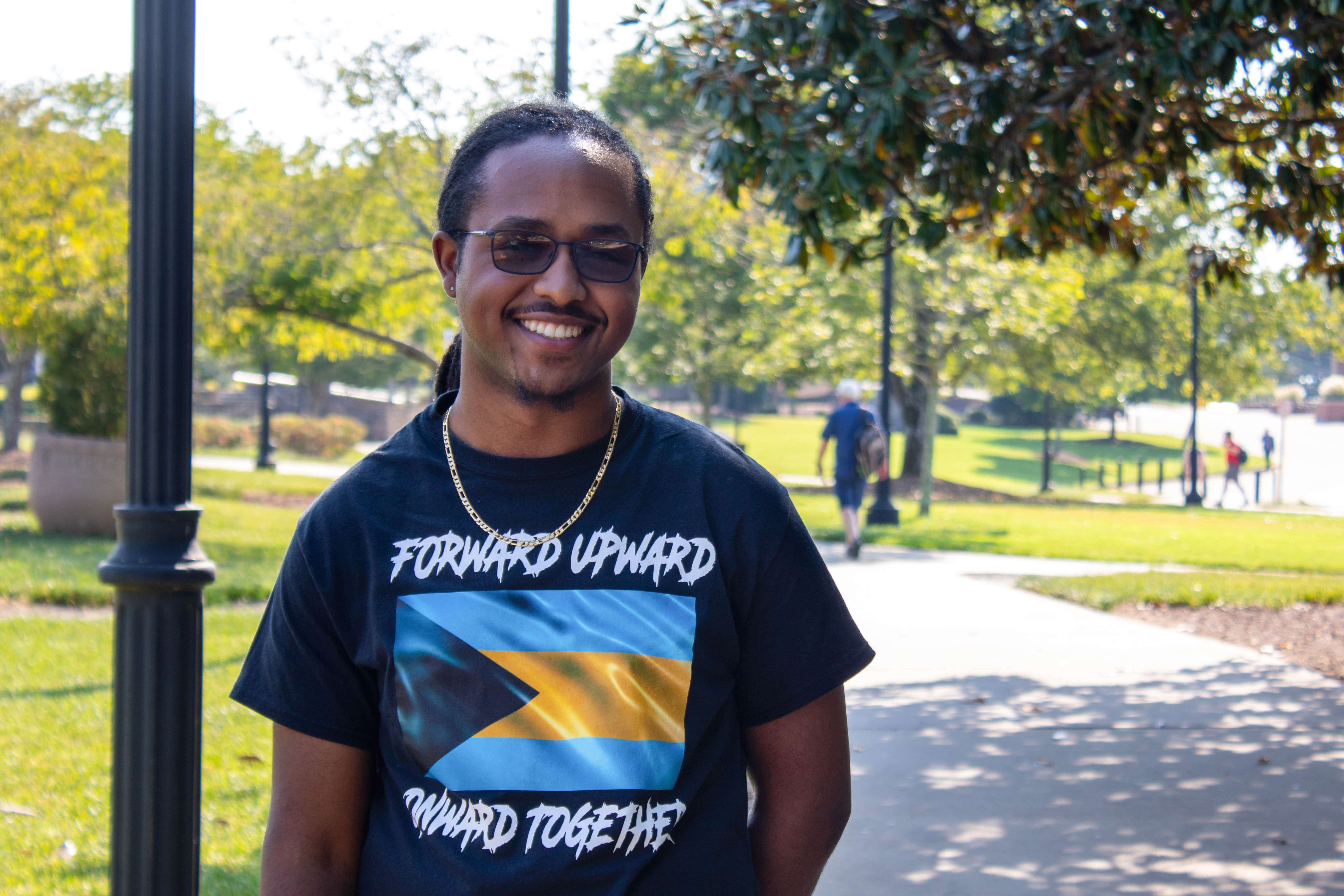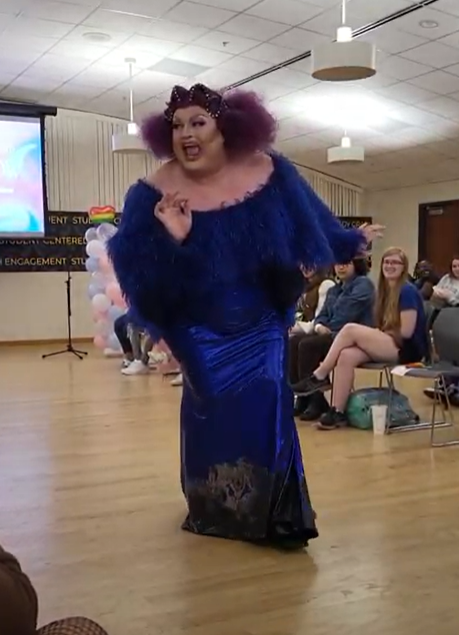With a country motto that reads “Forward, Upward, Onward Together,” it is fitting that Bahamian native and Kennesaw State senior international affairs major Malik Lyder decided to take on the Hurricane Dorian relief effort in Kennesaw.
“It’s a great feeling to see people wanting to help others in need,” Lyder said. “Some KSU faculty have actually reached [out] to me and asked how they could help. Also, some of my classmates have shared the story and donated toward the cause too.”
Lyder calls the small island of Bimini in the Bahamas his hometown. He fondly remembers his time spent there, visiting the country every year during his holidays.
On Sept. 1, Hurricane Dorian hit the Grand Bahama and Abaco islands in the Bahamas as a Category 5 storm with catastrophic and devastating effects.
Wind speeds reached one-minute average sustained speeds of 185 mph — breaking records for a hurricane with the highest speed to ever directly hit the Caribbean nation, according to the National Hurricane Center.
Lyder lost contact with his extended family for 24 hours when Dorian was at its peak. He did not know whether close members of his family were out of harm’s way.
As aerial views of the Abaco Islands showed the region nearly flattened by Dorian, Bahamians still in the affected areas continue to need donated resources. The Grand Bahama island has also been hard hit. They are limited to no electricity, water or sanitation.
The destruction prompted Lyder to team up with his mother and fellow Caribbean native James Duncombe to start a rescue drive locally in Kennesaw. The drive is collecting donations for victims of Dorian, now through the next few months.
Lyder calls this “phase one” of the operation, which ran from Sept. 5 until Sept. 15. His team accepted donations of bottled water, canned food, tin openers, baby supplies and anything else donors can spare.
Lyder is also accepting cash donations, which will be used to buy the items that the drive was unable to collect during phase one.
Passionate about his mission for a good cause, Lyder plans to visit the disaster-stricken area by the end of the month and personally distribute the supplies he has collected. This is when phase two will kick in.
In a few weeks, Lyder will reassess the situation and conduct the next donation drive for more items. He ensures that all donations will be used for recovery efforts of the affected communities.
Back in the Bahamas, the local residents are taking it day by day.
“Even though my relatives struggle to fulfill basic necessities, they are still being positive,” Lyder said. “They shower using a bucket of water every day without having the luxury of a bathroom.”
The devastation is slowly unfolding as the official death toll stands at 50. This figure is expected to increase as emergency relief workers are working their way through the rubble and wreckage, according to TIME.
He is grateful for the kindness of complete strangers, some of them on campus.
“I’m excited to see people so willing to donate to others that they don’t know, but want to help,” Lyder said. “I wouldn’t say the drive is nerve-wracking or daunting because we are doing it for a good cause.”
While it will take time for the country to start rebuilding its infrastructure, Lyder believes the spirit of the Bahamian people is still strong.


